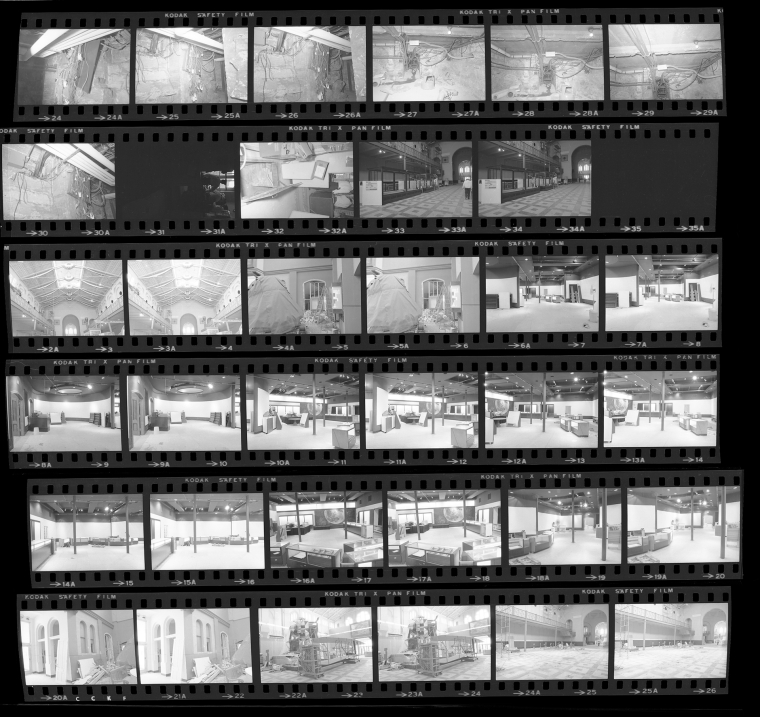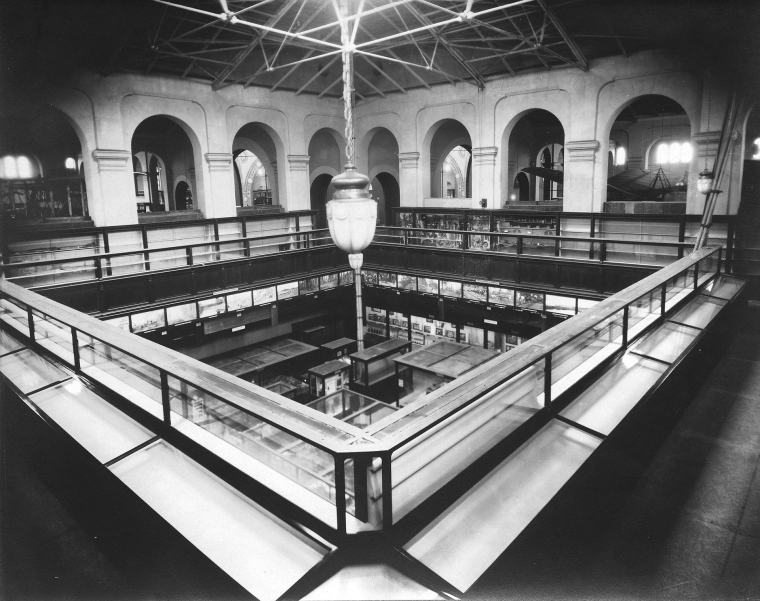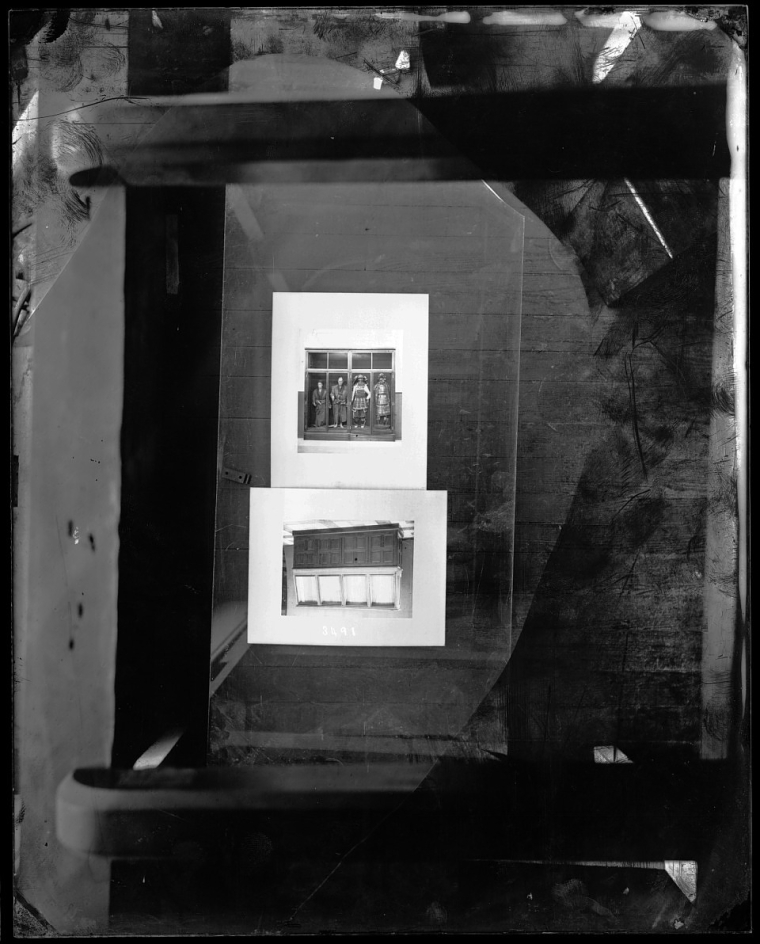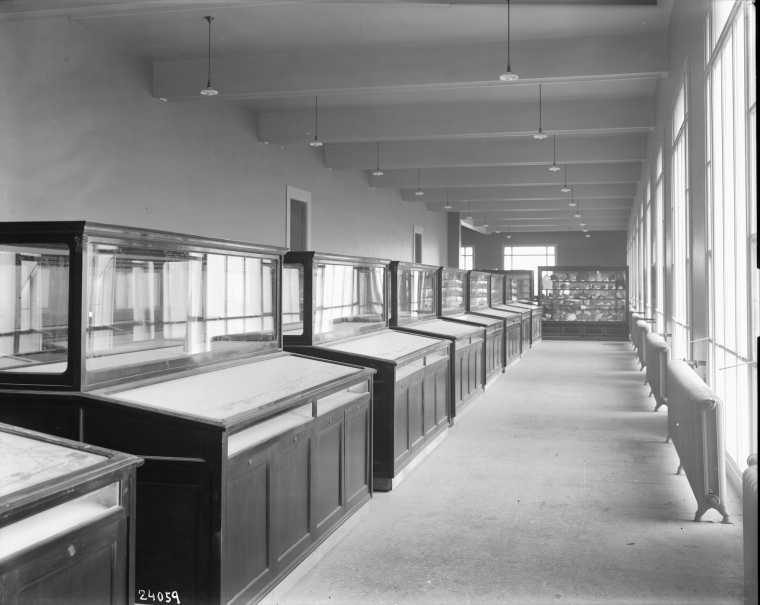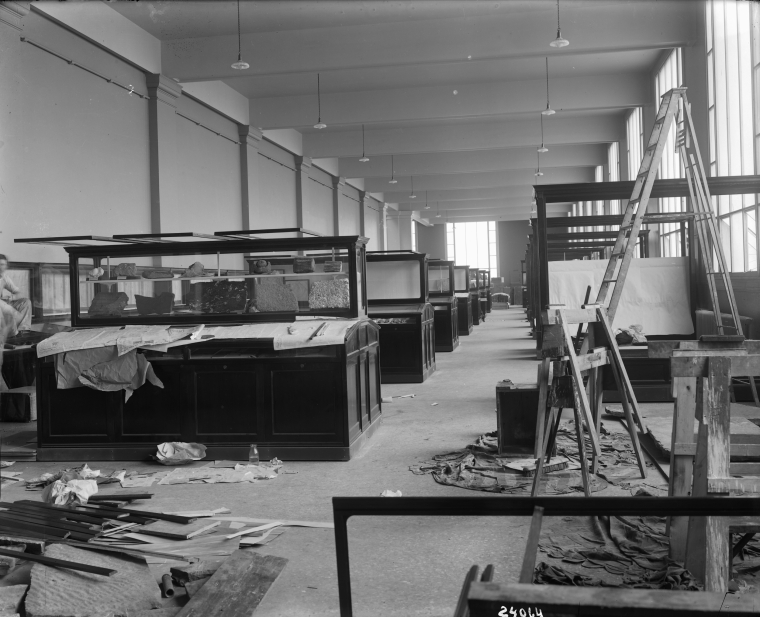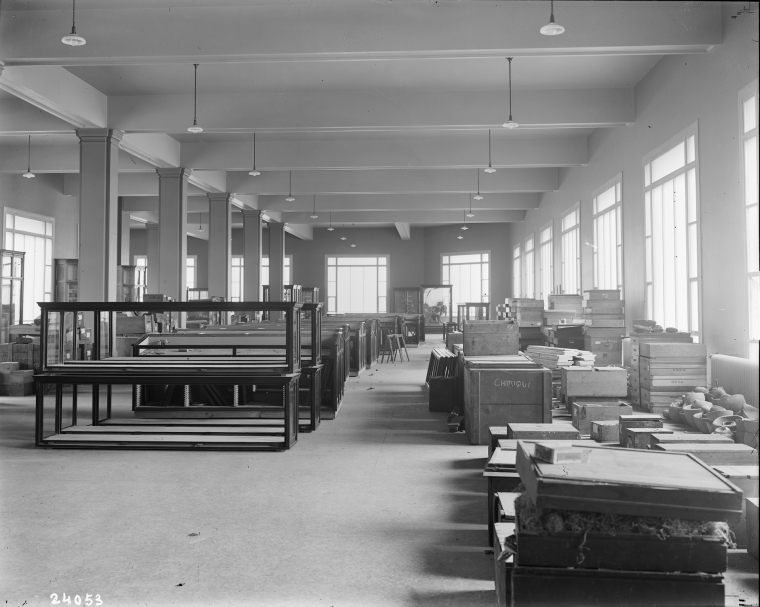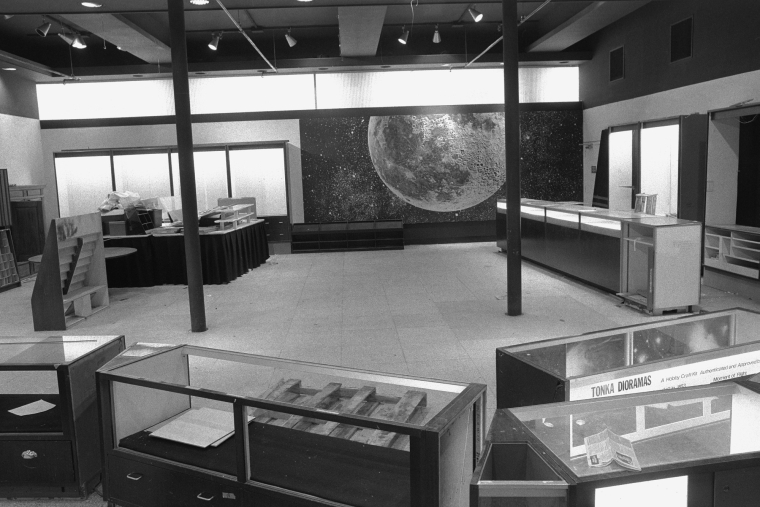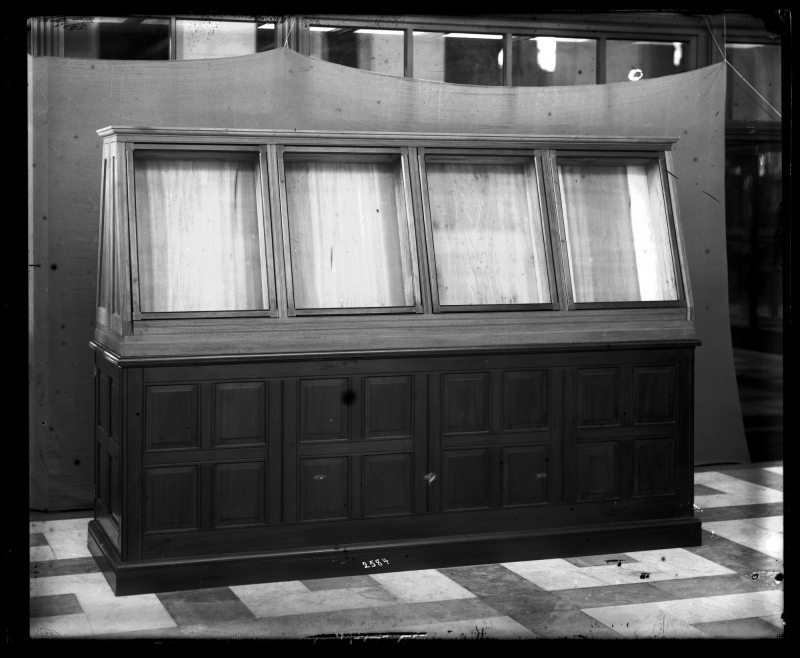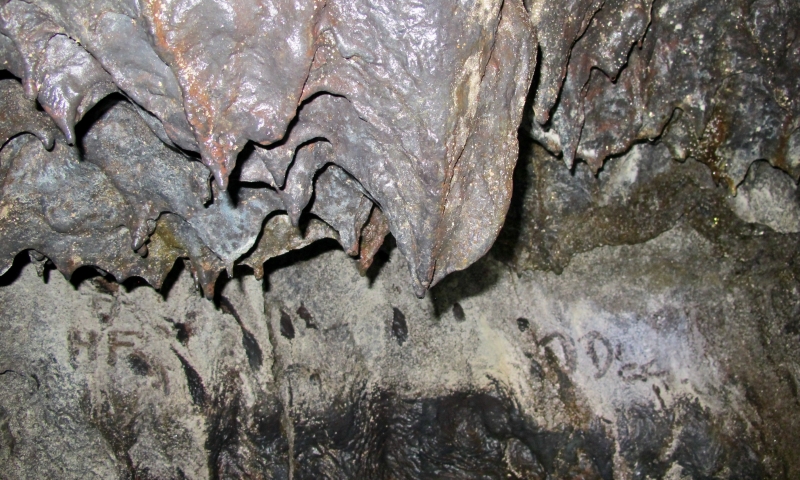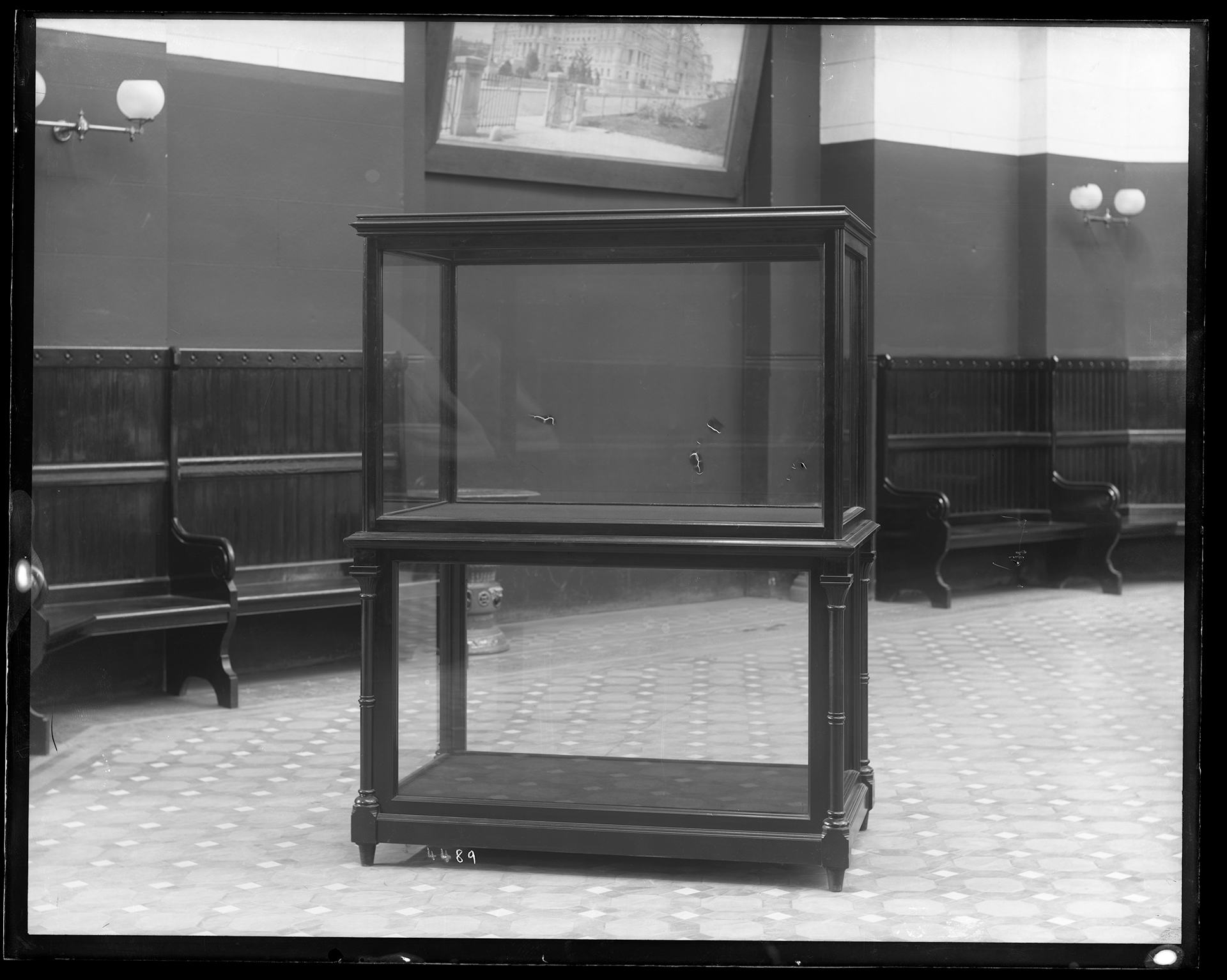
|
Empty exhibit case at the United States National Museum, now known as the Arts and Industries Building, 1880s, USA. © Smithsonian Institution Archives. Image # MAH-4489. |
|
Empty Exhibit Cases
En route to becoming an ally in the arts.
Join us any time.
This project gathers three cisgender white women working in the arts, Susana Pomba, Susana Gaudêncio and Maribel Mendes Sobreira, on their way to become lifelong anti-racist and effective allies, as artists, teachers, researchers, curators, historians, writers, or authors.
Where we think we stand, what we believe our opinions to be are at times just an affirmation or an assertive automatic reply to a generic question. Some of our beliefs need to be challenged, attuned, improved, and reinstated. Some of our beliefs need to be translated into our daily practice, as actions and decisions.
The struggles of white women in the arts for gender equality should always be intertwined with issues and studies of race, especially when it comes to understanding the injustices faced by women of colour. It is our responsibility to dissect our white privilege. As women, we are not culturally dominant (we still fight for equality), but we are privileged as white, which we should recognise in order to turn ourselves into allies for change.
So, how do we do the work and where do we position ourselves? What is the syllabus? What are the stages? How do we put words into action? How do we salute the past, recognise its errors, and move forward with agility into the future of our communities, making them more diverse, open, and groundbreaking in nature? How do we expand our world and question our parameters for taste? In these intersectional struggles, what is our course of action, which roads do we take for a fairer, inclusive, representative, and diverse art world?
Empty Exhibit Cases, will produce a group of essays (in diary mode), that might be hybrid in form, and – going back to the original definition of the word essay, the French word essayer – attempt to dissect these questions and struggles, all in the context of the daily personal and professional lives of the three participants. They will also engage in conversation with activist groups, scholars, or cultural agents.
With an image of an empty exhibit case, we speculate, we project — are they empty because historical artefacts belonging to other countries have finally returned to their rightful owners? We desire justice and truth. Are they empty because they are waiting for the contemporary art works and artists that have been overlooked, minimised, forced into disappearance? We shall turn this symbolism into a practical and literal opening of space to show work we have unfairly disregarded before, this way enlarging our aesthetic grounds, instilling real diversity, and quite simply learning, exhibiting, educating, preserving, reflecting and taking care of (curating). Every and any time, here we are, dive in.
|
Based on diary-keeping as a form of writing, the Mode Diaries initiative creates a field of interpretative potentialities within the context of maat Mode 2020, a public, experimental and participatory exhibition and activity programme under the motto “Prototyping the museum”. This is the scope that justifies and enables the twisting of the meaning commonly attributed to the term “diary” by transforming what’s individualised into collective, private into public, singular into plural, etc. |
|


